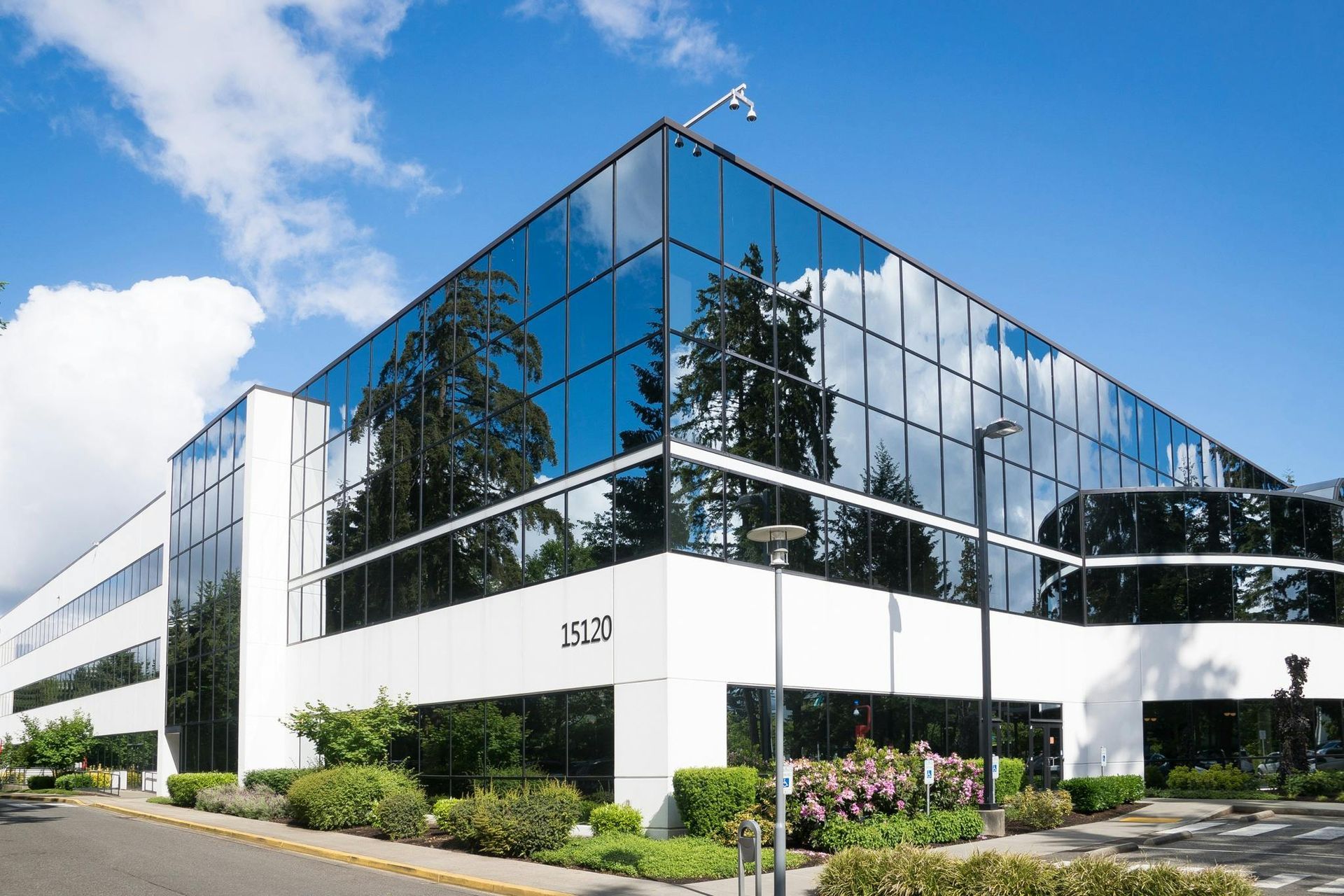Residential Real Estate vs. Commercial Real Estate
Residential and commercial real estate are two distinct and diverse sectors within the larger realm of property ownership and investment.

Real estate is a vast and diverse industry that encompasses a wide range of properties. When people think about real estate, they often envision cozy homes, charming apartments, and picturesque neighborhoods. However, there is another side to the real estate coin - the world of commercial properties, bustling with offices, retail spaces, and industrial complexes. In this blog, we will explore the key differences between residential real estate and commercial real estate and shed light on their unique characteristics and dynamics.
**1. **Definition and Purpose:
Residential Real Estate: As the name suggests, residential real estate refers to properties used for personal living purposes. This includes single-family homes, apartments, townhouses, condominiums, and even vacation homes. The primary purpose of residential properties is to provide shelter and a place for individuals and families to call home.
Commercial Real Estate: On the other hand, commercial real estate encompasses properties used for business and income-generating activities. This category includes office buildings, retail spaces, warehouses, industrial facilities, hotels, and multifamily properties (apartment complexes with five or more units). The primary purpose of commercial properties is to facilitate commerce, trade, and economic activities.
**2. Ownership and Investment:
Residential Real Estate: Residential properties are often owned by individuals, families, or small-scale investors. Homeownership is a common goal for many people, and residential real estate is seen as a long-term investment and a place to establish roots and build a sense of community.
Commercial Real Estate: Commercial properties, on the other hand, are typically owned by corporations, real estate investment trusts (REITs), or large-scale investors. Investing in commercial real estate can offer attractive financial returns, especially when leased to thriving businesses. Commercial properties often yield higher rental incomes compared to residential properties, but they also come with higher associated risks and complexities.
**3. Lease Terms:
Residential Real Estate: Residential leases are usually shorter in duration, commonly spanning six months to one year. Tenants in residential properties are typically individuals or families who pay rent to the property owner. Residential leases prioritize stability and continuity for the tenants.
Commercial Real Estate: Commercial leases, on the other hand, are more complex and can vary widely in length. Commercial tenants, which are often businesses or corporations, sign longer leases that can range from three to ten years or even more. Commercial leases may include provisions for rent escalation, maintenance responsibilities, and customization options for the tenant's specific needs.
**4. Market Dynamics:
Residential Real Estate: The residential real estate market is closely tied to demographic factors, economic conditions, and lifestyle preferences. It is generally more stable and less affected by short-term fluctuations in the economy. Demand for residential properties is driven by population growth, household formation, and individual financial situations.
Commercial Real Estate: The commercial real estate market is heavily influenced by the overall state of the economy, business growth, and industry trends. Market conditions can fluctuate significantly, with demand for commercial properties rising and falling depending on economic cycles and regional business activity.
5. Valuation and Appraisal:
Residential Real Estate: The value of residential properties is typically assessed based on comparable sales in the neighborhood, considering factors such as size, location, and condition. Residential appraisals focus on determining fair market value for individual properties.
Commercial Real Estate: Valuating commercial properties is more intricate and involves considering potential income streams, expenses, and future growth prospects. The income approach, based on the property's ability to generate income, is a common method used to appraise commercial real estate.
In summary, residential real estate and commercial real estate are two distinct and diverse sectors within the larger realm of property ownership and investment. While residential properties serve as personal abodes and offer a sense of security and belonging, commercial properties are geared towards business endeavors and financial gains. Each sector comes with its unique set of challenges, opportunities, and market dynamics, making real estate a fascinating and multifaceted industry to explore and invest in. Whether you are seeking a place to call home or looking to diversify your investment portfolio, understanding the differences between residential and commercial real estate will undoubtedly play a crucial role in your decision-making process.












